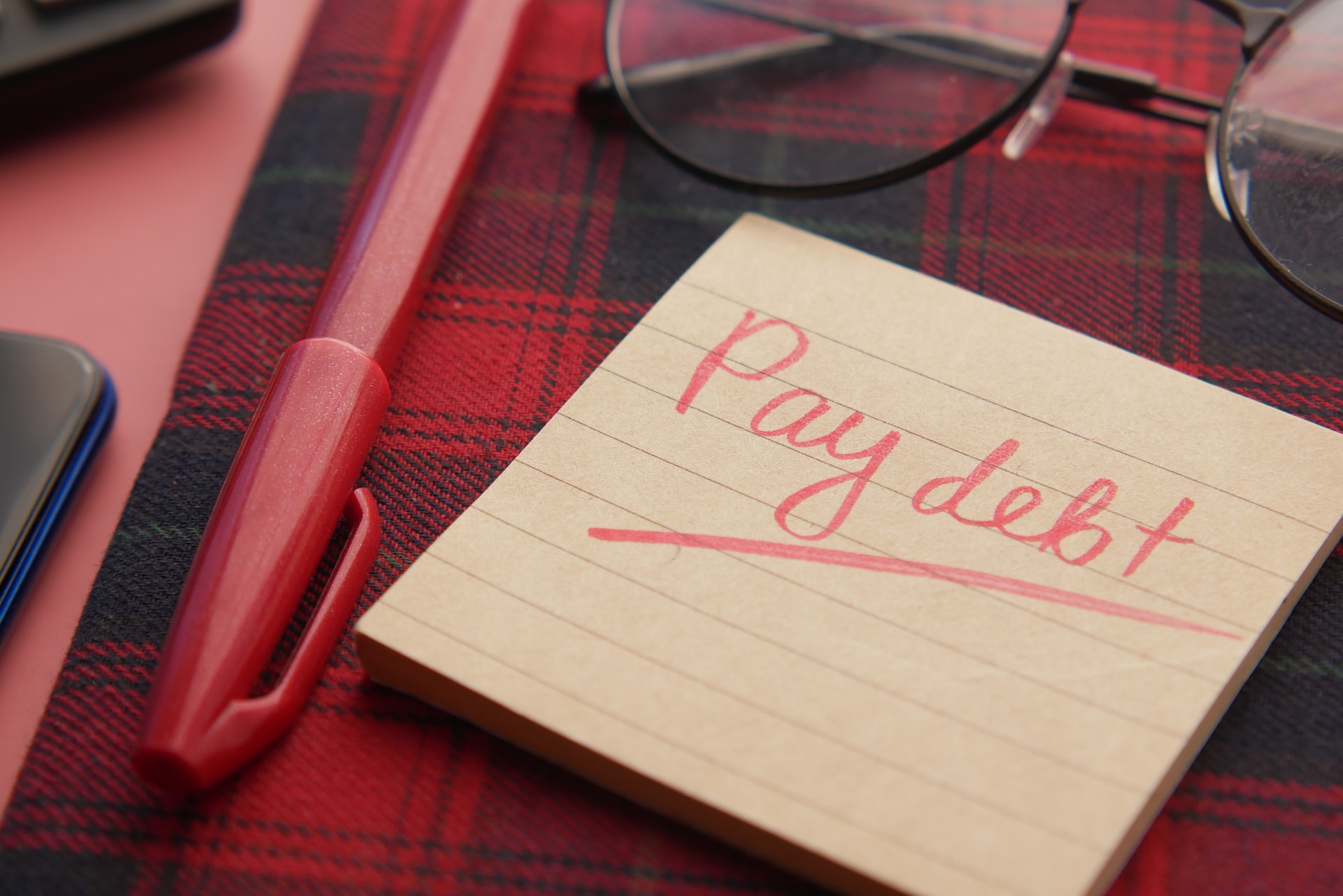Should I Pay Off Debt or Save for Retirement?
July 26, 2023

This is not intended as tax advice and is for educational purposes only. It is important to consult with a tax professional before making any decisions.
It may seem confusing to read conflicting answers to what seems like a simple question: Should you pay off debt, or save for retirement instead?
Each individual's financial situation is unique, which is why there are multiple routes people can take to both get out of debt and save for future retirement. Read on to learn what you need to know about paying off debt and saving for retirement so you can make the best decision for yourself.
Should I Keep Saving When I Have Debt?
Saving for your future is important. Savings options include savings accounts, CDs, money market accounts, and long-term investments like real estate or the stock market.
However, if you have debt, it may be accruing faster than you'd expect. Many forms of debt, such as credit cards and payday loans, often have high-interest rates that could cost you much more in the long run. That's why choosing to save and pay off debt simultaneously has its tradeoffs. One is that money is being moved away from interest-bearing debt and into savings. This extends the time that someone remains in debt because each month, more interest is added to the principal balance, making the debt more difficult to pay down. Another reason is that paying down debts from your monthly income may leave you feeling stretched thin, leaving little money left over for extra expenses.
Paying off high-interest debt should be a financial priority. By prioritizing paying off interest-bearing debt first, you are able to "get ahead" in terms of freeing up your income to allocate some dollars toward your financial goals, like retirement.

Your Perspective On Debt Matters
Your financial values play a role in how you view your debt. For example, having a fixed-rate mortgage loan that you're paying down monthly is not as expensive as also paying high-interest, unsecured credit card debt. Someone with zero credit card debt is at an advantage when it comes to savings and paying debt simultaneously. The mortgage is scheduled to be paid, but over time, it is cheaper than credit card debt because of the interest rate attached to it.
Someone who incurs debt to build assets, such as a rental property, probably views debt as a good thing. It is helping them to grow their wealth. On the other end of the spectrum, someone who is facing hefty credit card debt is decreasing their net worth while living above their means. The first person is probably saving and paying down debt, while the second is only paying on high-interest debt and chasing their own tail since the debt isn't decreasing.
Creating An Emergency Fund
Financial emergencies happen when you're least expecting them. The car breaks down, the hot water heater bursts and floods the garage, or the air conditioning goes out. These can be hefty expenses. If you don't have the cash to pay for them, you are likely going into even more debt, whether through a credit card charge or a loan.
You want to try your best to steer clear of unnecessary loans and other debts. There are practical ways to avoid going deeper into debt because of emergency expenses. Life may happen unexpectedly, but that doesn't mean you can't be prepared.
That's where an emergency fund comes in. Building an emergency fund before you start saving for your retirement plan is important. Your emergency fund should be separate from your retirement savings.
An emergency fund of at least $1,000 is a good start. However, you'll want to continue making regular deposits into your fund and build it up to several thousand dollars over time. Saving to cover 6-12 months of daily expenses will establish a comfortable safety net should you lose your income or face a financial disaster.
Emergency fund money needs to be liquid. That means it should be cash or in a savings account. You might argue that you can earn a higher rate with a Certificate of Deposit (CD) or in the stock market, but those options are not liquid. You can't immediately access the original principal amount without risk of penalty. Once your debts have been paid and you've established a sizeable emergency fund, it's time to focus on your retirement.
Maximizing Your Retirement Contributions
Saving for retirement can mean giving up liquidity if you save through an employer-sponsored program, such as a 401(k). Withdrawing funds from these programs comes with a 10% penalty and taxes on the withdrawal. So, you'll want to be sure you're committed before you begin saving.
When you have debt obligations, that commitment can be difficult.
A Roth IRA doesn't penalize you if you take out the principal. But if you try to withdraw any earnings, it's the same deal as an employer-sponsored program, meaning you can incur a penalty.
If you have paid off your debt, that's more money that can be contributed to retirement. In 2023, individuals can contribute up to $22,5001 to 401(k) plans. Traditional and Roth IRAs increase to $6,500.
Another advantage of contributing to a 401(k), 403(b), or 457 plan is that you'll get a tax break for that year. Not only are you saving for retirement, but you're lowering your tax bill at the same time.
Saving for retirement as soon as possible is always the best strategy, but that isn't viable for everyone. However, as long as you create a plan and consistently contribute to your retirement accounts, even in small amounts, you will set up your future self for success.
So, Do You Pay Off Debt Or Save For Retirement?
Everyone's personal finances are unique, and there's no one size fits all approach to answering this question. The optimal outcome is to not live above your means, which is another way of saying don't go into debt. Then you can start saving for retirement without worrying about debt payments chewing into your retirement contributions.
Even when saddled with debt, some see contributing as much as possible to retirement as necessary. Others will view repaying debt first as the only choice. Either option can be the right choice for you and your future.
If you'd like to explore the different ways you can save for retirement, we have several products to help you meet your long-term financial planning needs and goals, as well as a free e-course about saving for retirement through Centier To You.
References
- Taxpayers should review the 401(k) and IRA limit increases for 2023. (2022, November 23). Internal Revenue Service | An official website of the United States government. https://www.irs.gov/newsroom/taxpayers-should-review-the-401k-and-ira-limit-increases-for-2023
